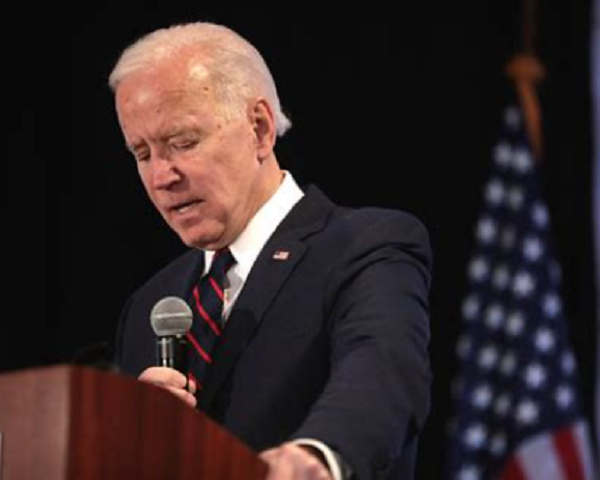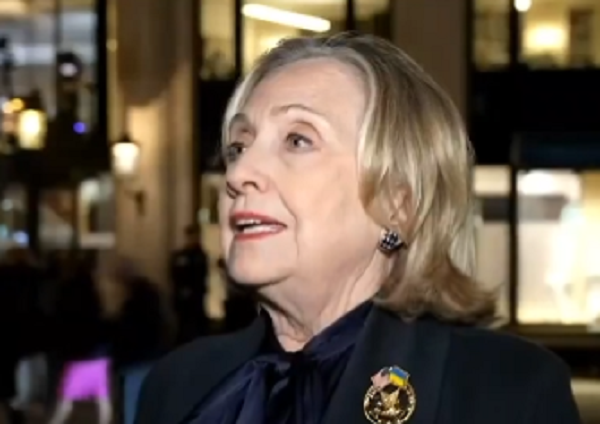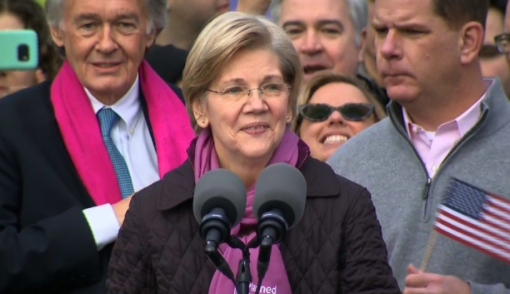The Bureau of Alcohol, Tobacco, Firearms and Explosives (ATF) is poised to enact a new policy, likely under President Joe Biden’s direction, which targets legal gun owners. According to the Washington Post, this rule aims to impose additional background checks on more gun sales, with the goal of closing the so-called “gun show loophole.”
The “gun show loophole” is a term often used by Democrats to claim that illegal firearms sales proliferate at these events. However, dealers at gun shows are already required to have buyers complete background check forms and obtain FBI approval, just as they would if selling firearms in their stores. Currently, there are no federal mandates for buyers to undergo background checks when purchasing a gun from a private individual.
President Biden has expressed his desire for private sellers to obtain a federal firearms dealer license before selling a gun, even if it’s not their primary source of income.
The new rules are subject to a 90-day public comment period and may face legal challenges.
Erich Pratt, senior vice president of Gun Owners of America, strongly criticized these new regulations, stating, “People need to realize this is just the next step in the anti-gunners’ longform playbook to enact backdoor universal registration of firearms, and eventually, to confiscate all firearms.”
Despite recent Supreme Court rulings against state gun control laws on Second Amendment grounds, the Biden administration continues its efforts to revive them. For example, last month, the administration urgently asked the high court to prevent a decision that would invalidate all national federal “ghost gun” regulations. These regulations, announced by Biden last year, target firearms sold as do-it-yourself kits and have faced multiple legal challenges.
In July, a federal judge in Texas declared the regulation unconstitutional and ordered its nationwide repeal. While the 5th U.S. Circuit Court of Appeals subsequently narrowed the decision to invalidate only parts of the rule, the Justice Department urged the Supreme Court to suspend the entire decision while the case remains pending.
The Supreme Court is currently reviewing two provisions related to these regulations: one that specifies the inclusion of certain parts kits in the federal definition of a “firearm” and another that defines “frame or receiver” to encompass disassembled parts easily converted into a functional firearm. These provisions extend to federal regulations regarding serial numbers, record-keeping, background checks, and other aspects, but were deemed by the federal judge in Texas to exceed federal gun law boundaries.
Gun rights advocates have been granted a week to respond to the administration’s request, though it does not represent the final decision of the high court.







